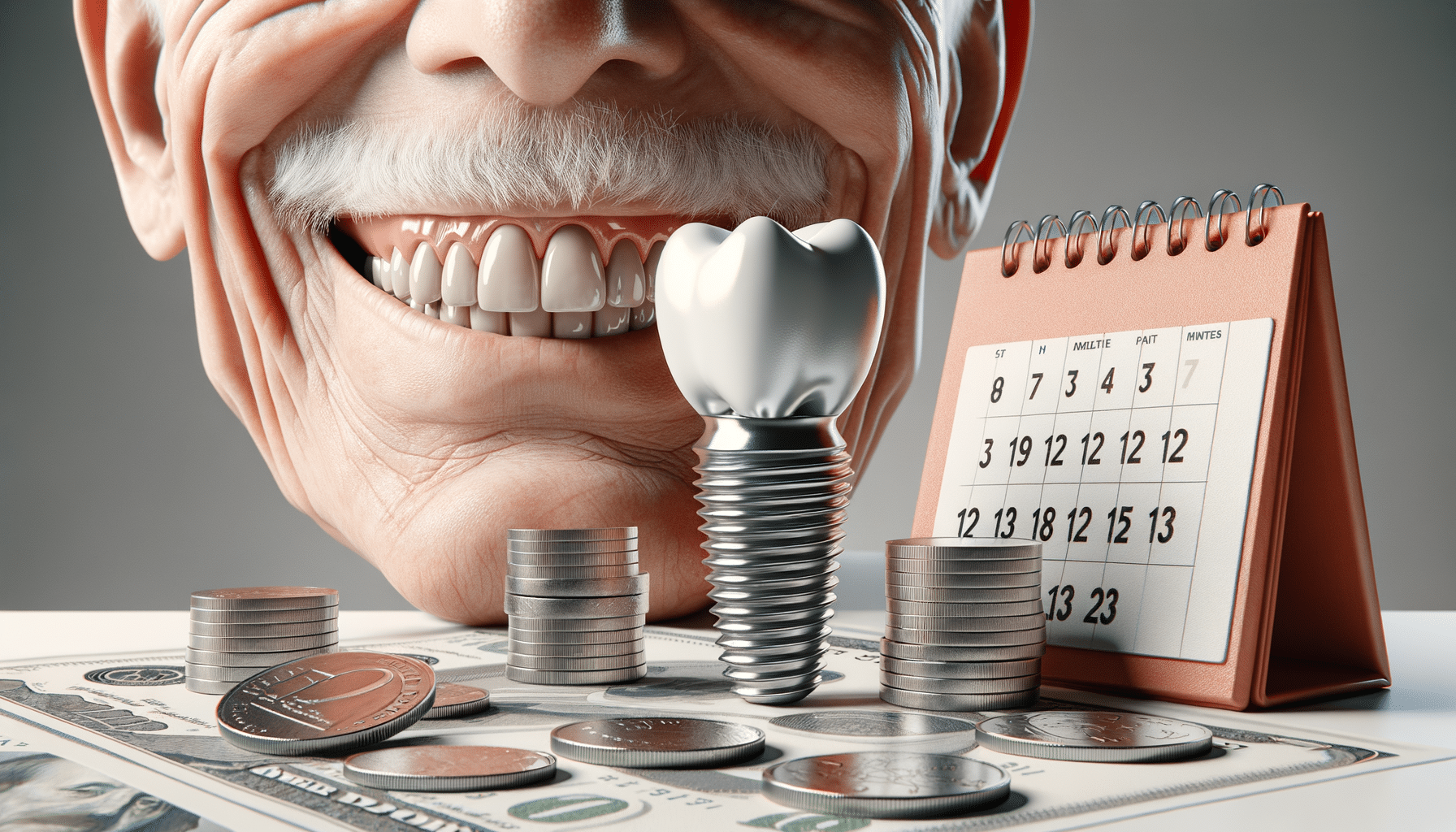
Understanding Dental Implant Costs for Seniors
Introduction to Dental Implants for Seniors
Dental implants have become a popular solution for seniors seeking to restore their smiles and improve their oral health. As a permanent alternative to dentures and bridges, dental implants offer a range of benefits that are particularly appealing to older adults. Understanding dental implant costs for seniors is crucial, as it involves several factors that can influence the overall expense. This article delves into these factors, providing insights into what seniors can expect when considering dental implants.
Factors Influencing Dental Implant Costs
Several elements contribute to the cost of dental implants, making it essential for seniors to consider these factors when planning their dental care. One significant factor is the type of implant used. Different materials and designs can impact the price, with some offering more durability and comfort than others. Additionally, the complexity of the procedure can affect costs. For instance, cases requiring bone grafts or sinus lifts will generally be more expensive due to the additional surgical steps involved.
Geographical location also plays a role in determining dental implant costs. Urban areas tend to have higher prices compared to rural regions, reflecting the cost of living and demand for dental services. Moreover, the expertise and reputation of the dental professional can influence pricing. Highly experienced specialists may charge more for their services, but they also offer the assurance of quality care and successful outcomes.
Comparing Dental Implants to Other Options
When considering dental implants, seniors often weigh the benefits against other dental restoration options like dentures or bridges. While dental implants may have a higher upfront cost, they offer advantages that can make them a more economical choice in the long run. Implants are designed to last a lifetime with proper care, reducing the need for frequent replacements or adjustments that are common with dentures.
Additionally, dental implants provide superior comfort and functionality. They mimic natural teeth, allowing seniors to eat, speak, and smile with confidence. Unlike dentures, implants do not require adhesives and are not prone to slipping, which enhances the overall quality of life for seniors. These factors make dental implants a compelling choice, despite the initial investment.
Insurance and Financing Options
Understanding the financial aspect of dental implants is essential for seniors, as these procedures are often not fully covered by insurance. However, some dental insurance plans may offer partial coverage, particularly if the implants are deemed medically necessary. It is advisable for seniors to review their insurance policies and speak with their providers to determine the extent of coverage available.
For those without sufficient insurance coverage, several financing options can help manage the cost of dental implants. Many dental practices offer payment plans that allow patients to spread the expense over time. Additionally, third-party financing companies specialize in healthcare loans, providing another avenue for seniors to consider. Exploring these options can make dental implants more accessible and affordable.
Preparing for a Dental Implant Procedure
Preparation is a vital step in the dental implant process, especially for seniors who may have unique health considerations. A thorough dental examination is necessary to assess oral health and determine the suitability for implants. This includes evaluating bone density and addressing any existing dental issues that could affect the success of the procedure.
Seniors should also discuss their medical history with their dental professional, as certain conditions or medications may influence the treatment plan. Maintaining good oral hygiene is crucial before and after the procedure to ensure optimal healing and implant integration. By preparing adequately and following professional advice, seniors can enhance their chances of a successful and satisfying dental implant experience.


